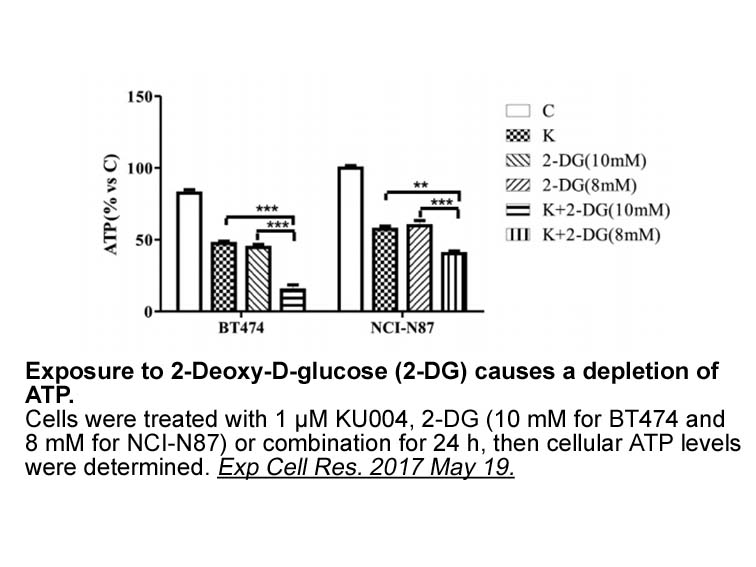Archives
br Discussion Our results confirm that
Discussion
Our results confirm that germline variations in the TPMT gene are associated with treatment outcome in children with ALL [5]. The ability of TPMT to catalyze S-methylation and inactivate 6-mercaptopurine makes it a major determinant of 6-mercaptopurine toxicity. Furthermore, reduced TPMT activity is associated with both methotrexate availability and occurrence of minimal residual disease after induction chemotherapy [6]. While these intronic SNPs may have an unknown regulatory function, it is more likely that the observed effects of intronic SNPs are due to a nearby exonic TPMT variant. All three intronic SNPs are in close LD with the TPMT*2 variant (min. D′=0.67).
The MTHFR gene modulates methotrexate toxicity and is another well-investigated example of pharmacogenetics in pediatric ALL treatment-related outcome [3,7,8]. The observed borderline statistical significance may be a sample size issue as our study contains merely 3 relapse patients with the MTHFR 677TT genotype.
Previously Sepe et al. observed a significant association between the MTRR G66A (rs1801394) variant allele and relapse risk among 557 patients in the predecessor COG study, CCG-1891 [3]. Another study reported a relationship between the MTRR G66A variant and in vitro methotrexate sensitivity among 119 patients but did not investigate treatment outcome [9]. In the current study, the MTRR variant rs1532268 was borderline associated with relapse risk and is in moderate LD with MTRR G66A (D′=0.37), whereas rs162036 which is in high LD with MTRR G66A (D′=1.00) was not associated with relapse. Since the recessive S63845 variant of MTR G66A was not observed in our study, we believe we are underpowered to detect associations in this SNP.
In our data, an intronic MTR variant (rs10925235) was highly associated with ALL treatment outcome whereas the known missense mutation in MTR A2756G (rs1805087) was not. The two SNPs are in perfect LD and point towards the same direction of association, however the intronic variant has a higher allele frequency than the exonic variant (AF=0.35 in rs10925235, AF=0.21 in rs1805087). The gain in statistical power from the higher allele frequency may explain why significance was reached by this intronic variant and not in the missense MTR A2756G mutation.
Our finding that multiple SNPs upstream of CBS (rs719038, rs466791) may be associated with the response to anti-leukemic therapy in childhood ALL has not been previously reported. Within CBS, two consecutive SNPs showed a consistent trend towards a protective effect for relapse, although the trend was not statistically significant.
Previous studies show varied results on the role of GSPT1 in ALL treatment response, ranging from a protective [2,10] to a risk association between the GSTP1 Val105/Val105 (rs1695) genotype and relapse [3]. Our data suggest an increased risk, although not statistically significant (OR for heterozygotes of 1.9, 95%CI 0.9–4.1) and indicate that GSTP1 variants might have a modest effect on the modification of relapse risk.
Various observational studies have highlighted the importance of the folate pathway in chemotherapeutic drug response, but the specific results across these studies have been inconsistent [1]. The current study provides additional data to support the hypothesis that the risk of relapse after pediatric ALL treatment is associated with germline variation in genes (e.g. TPMT, MTHFR and MTR) that encode for enzymes that metabolize chemotherapeutic agents. Additional work is needed to refine these findings and to determine which germline variants beyond TPMT have pharmacogenomic potential for pediatric ALL treatment.
Conflict of interest statement
Authors\' contributions
Acknowledgments
Introduction
Chronic lymphocytic leukemia (CLL) is the most frequent leukemia in adults in the Western society and is characterized by accumulation of clonal mature B cells [1–3]. In most patients, CLL is preceded by a monoclonal B cell lymphocytosis (MBL), characterized by less than 5000 monoclonal Bcells/µL in the peripheral blood [4]. Although most CLL patients have an indolent clinical course, some cases present with a more aggressive evolution, leading to high morbidity and mortality [2]. Although several frequent mutations have been found in CLL [3], there is no common translocation or muta tion known.
tion known.